34. Portugal. Journalist. Pop culture geek. Film lover.
Don't wanna be here? Send us removal request.
Text





don't even waste your time in paternity court
119 notes
·
View notes
Text


A Bronx Tale (1993), dir. Robert De Niro
1K notes
·
View notes
Text
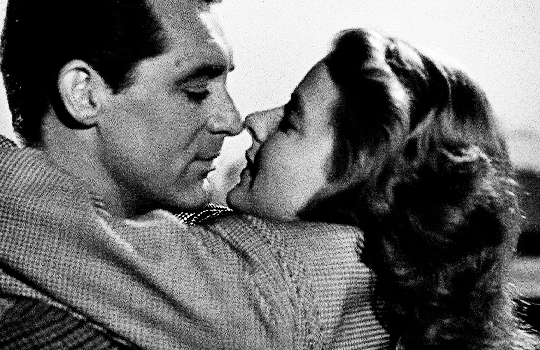
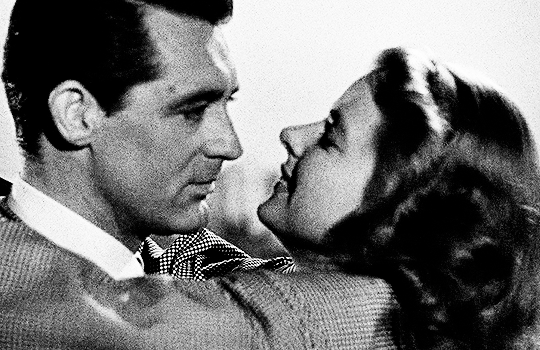
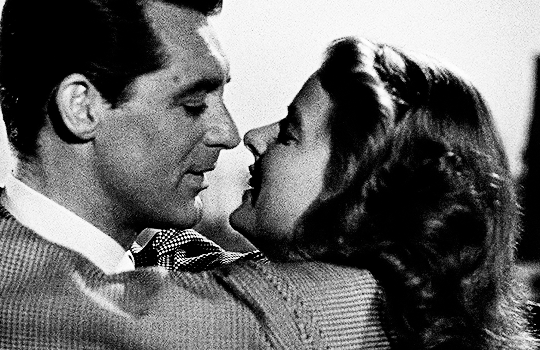
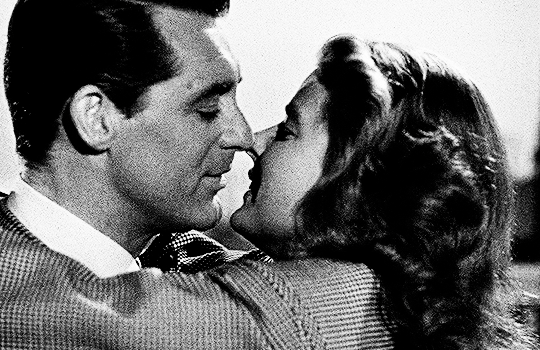
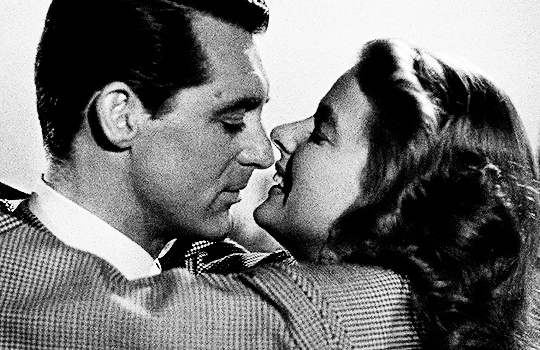
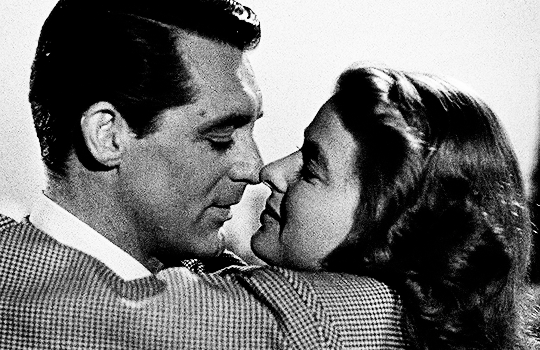
Notorious (1946), dir. Alfred Hitchcock Cary Grant as Devlin and Ingrid Bergman as Alicia Huberman
469 notes
·
View notes
Photo










Thanks for everything. Thank you for being here. - Columbus (2017), dir. Kogonada
160 notes
·
View notes
Text
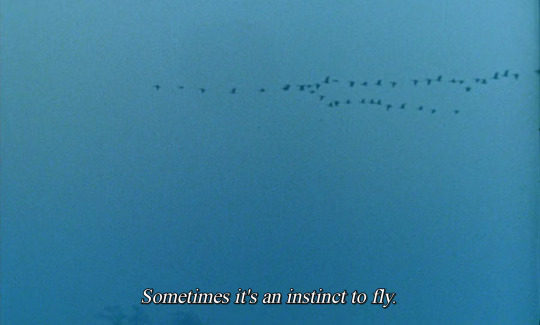

The Girl on a Motorcycle (Jack Cardiff, 1968)
425 notes
·
View notes
Text
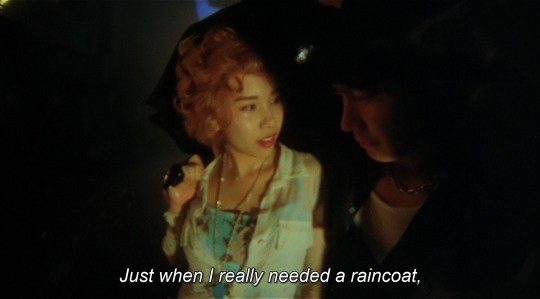
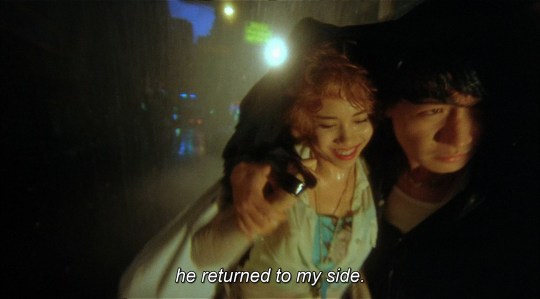
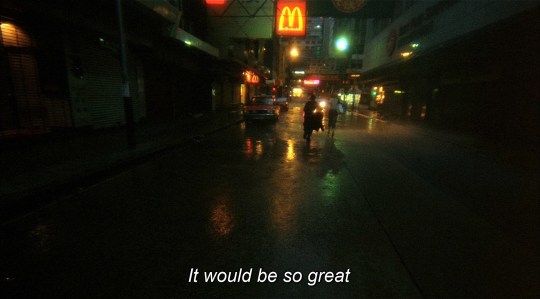
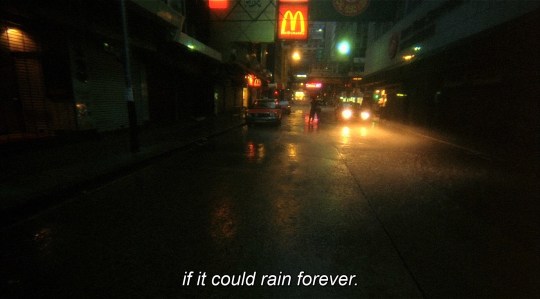
Fallen Angels (1995) dir. Wong Kar-wai
794 notes
·
View notes
Photo


Les deux amis (2015) dir. Louis Garrel
873 notes
·
View notes
Text
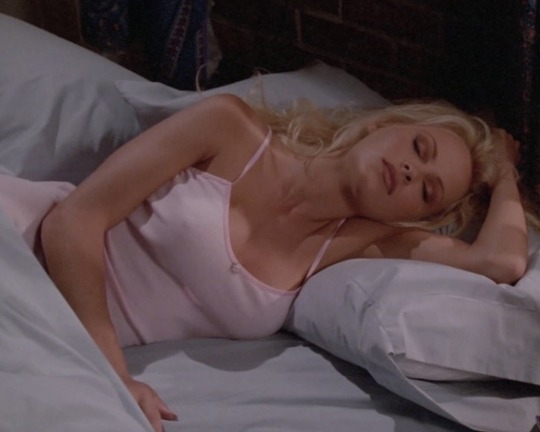
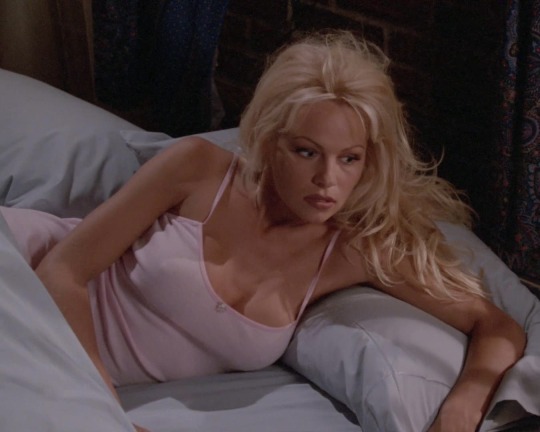
Pamela Anderson in Baywatch, 1994
5K notes
·
View notes
Photo
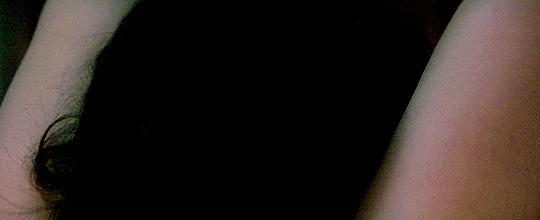
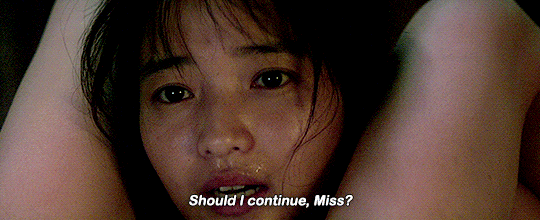
The Handmaiden (2016) dir. Park Chan-wook
30K notes
·
View notes
Text












You Hurt My Feelings (2023)
Director: Nicole Holofcener
Cinematographer: Jeffrey Waldron
105 notes
·
View notes
Text





Morgiana (Juraj Herz, 1972)
219 notes
·
View notes
Text












Cléo de 5 à 7 | Cleo from 5 to 7 (1962) dir. Agnès Varda cine. Jean Rabier, Paul Bonis, & Alain Levent
154 notes
·
View notes
Text
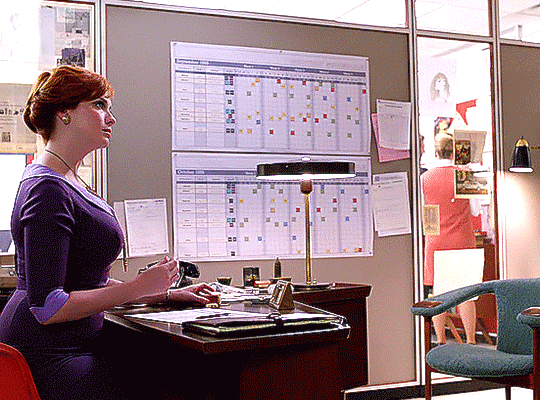

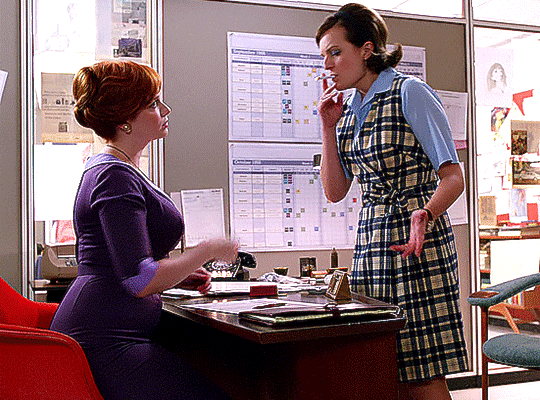
Can I have a cigarette? Joan? Do you want to close the door?
515 notes
·
View notes
Photo








Sofia and Gia Coppola’s signature window scenes in film
Lost in Translation // The Virgin Suicides // The Bling Ring // Palo Alto
316 notes
·
View notes
Photo

Twin Peaks: Fire Walk With Me (1992) dir. David Lynch
83 notes
·
View notes
Text
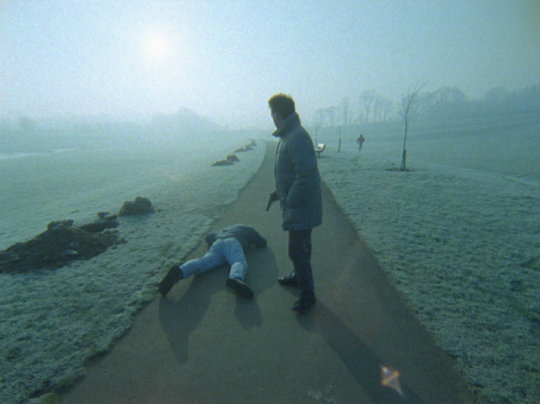
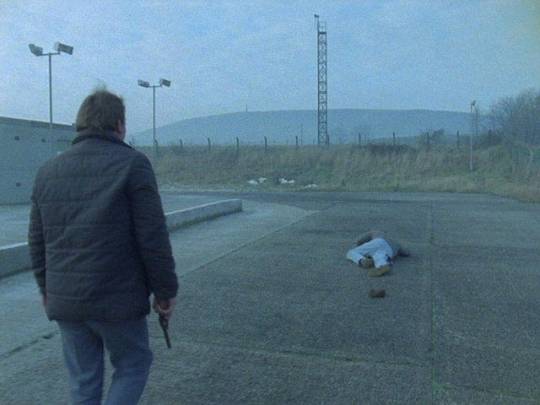

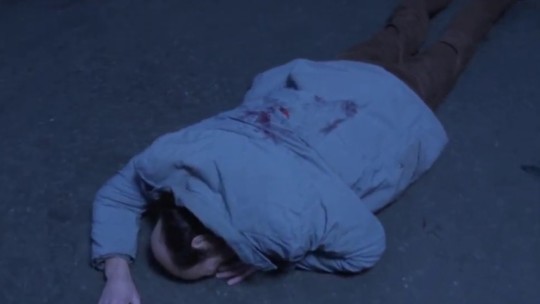

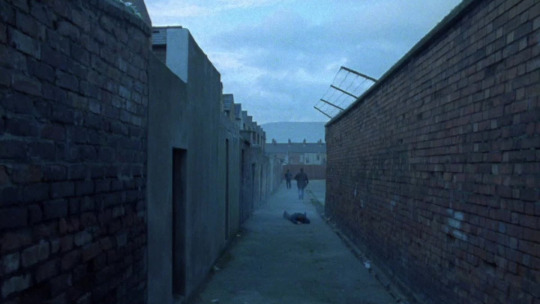
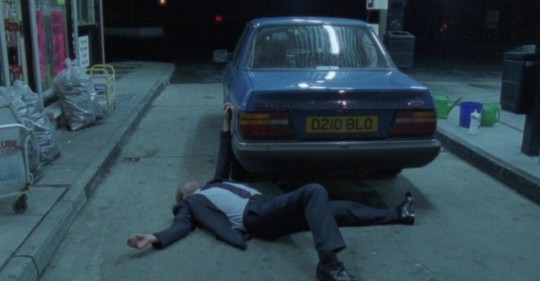


SUBLIME CINEMA #698 - ELEPHANT
Alan Clarke was an underrated great of British cinema, although he directed very few features. Mostly his work was short, serial or made for television, and some quite hard to track down. His great films include 'Scum' (featuring a young and pre-grizzled Ray Winstone), 'Rita Sue and Bob Too', and one of his final films, 'Elephant.'
Elephant still shocks. It's a 38 minute kill spree, featuring strangers laying waste to strangers, taking place during the Troubles in Northern Ireland. The film relies on long tracking shots (a hallmark of Clarke's work) and title refers to a description of the conflict as 'the elephant in our living room', meaning most people were in denial, and had managed to manufacture ways to accept daily violence and live around it. Clarke's film was about facing it.
Clarke's contemporary David Leland described a profound realization while viewing it the first time, and he has since written about it as one of the most important films of his life. He was disturbed by the endless parade of violence he was seeing on screen. "I remember lying in bed, watching it, thinking, 'Stop, Alan, you can't keep doing this.' And the cumulative effect is that you say, 'It's got to stop. The killing has got to stop.' Instinctively, without an intellectual process, it becomes a gut reaction."
Gus Van Sant adapted this film and appropriated its title for his feature about Columbine, with much the same approach.
9 notes
·
View notes

